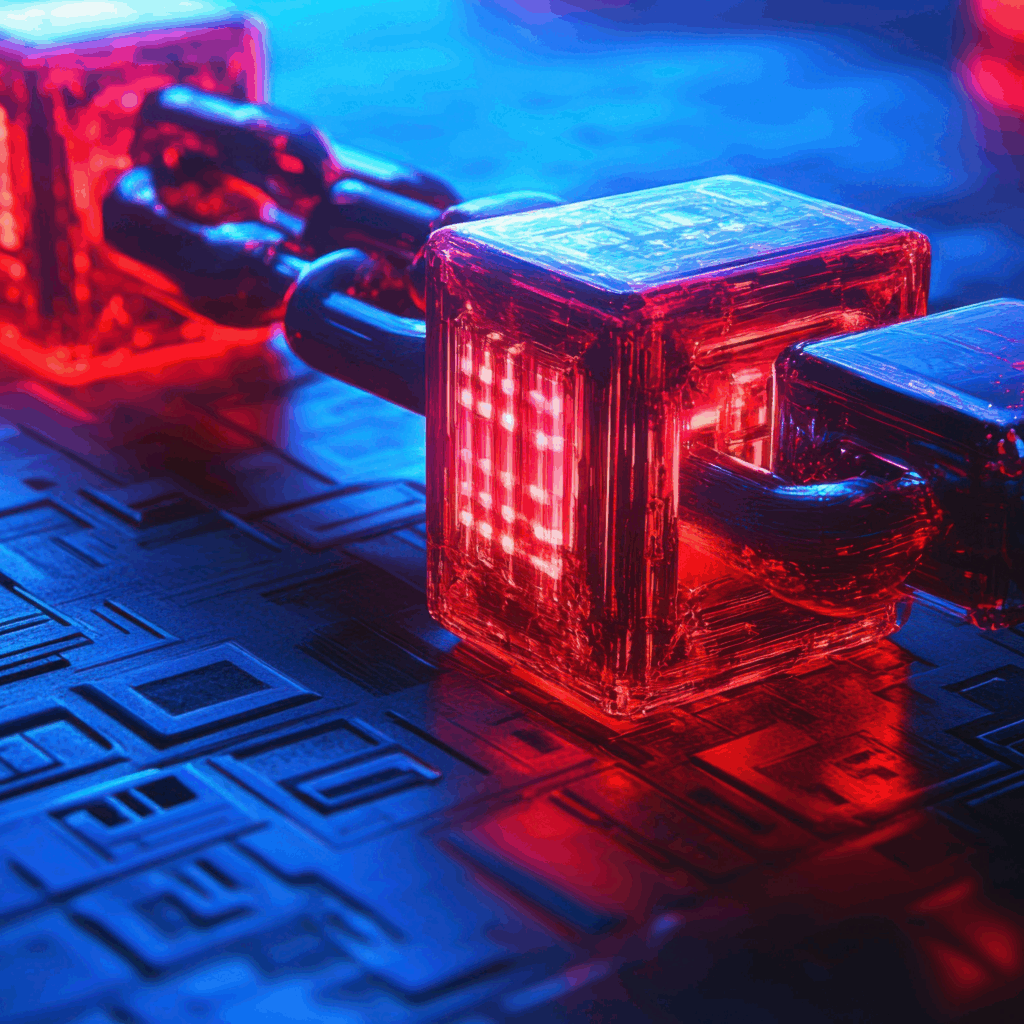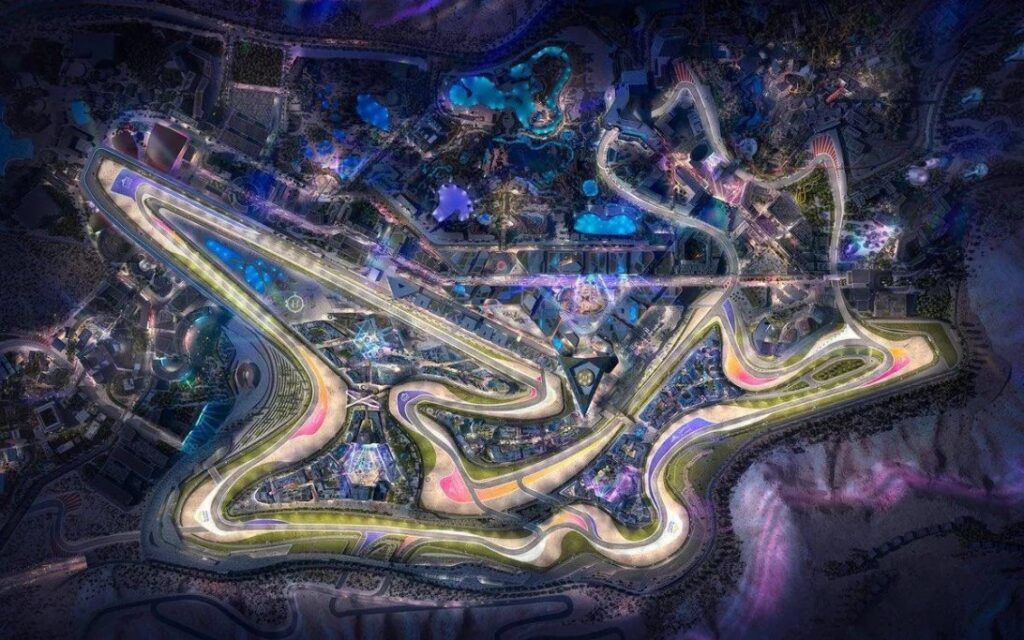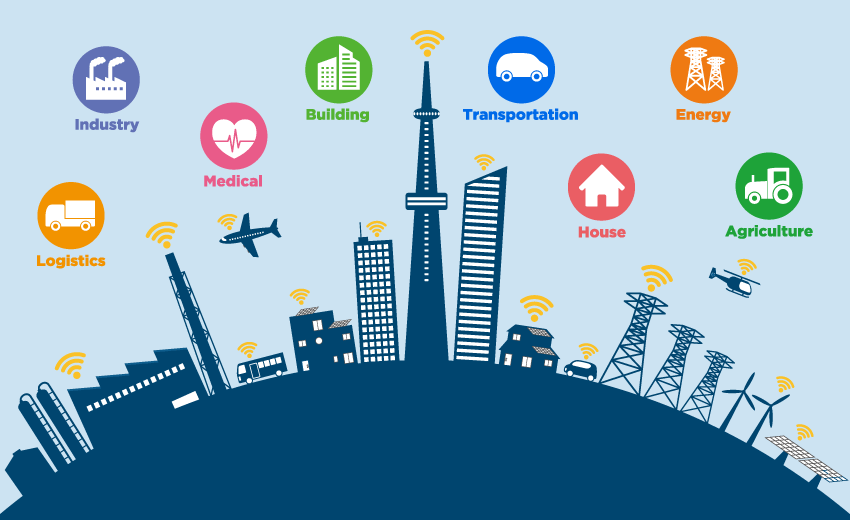Why Blockchain Matters for Smart Cities
As urban centers evolve into interconnected digital ecosystems, the importance of blockchain smart cities solutions is growing rapidly. With sensors, IoT devices, and automated systems managing everything from traffic lights to energy grids, city networks are increasingly vulnerable to cyberattacks. Blockchain provides a decentralized, tamper-proof framework that strengthens urban digital infrastructure, enhances security, and enables trust between stakeholders.
Understanding Blockchain in Urban Infrastructure
What Is Blockchain?
Blockchain is a distributed ledger technology that records transactions across multiple nodes. Each entry is immutable and time-stamped, ensuring data integrity. Applied to cities, this technology can protect critical services and maintain the reliability of smart infrastructure systems.
Key Benefits for Urban Networks
- Decentralization: Eliminates single points of failure in city networks.
- Transparency: Provides real-time visibility across systems.
- Traceability: Tracks changes in infrastructure and IoT devices.
- Security: Prevents tampering and unauthorized access to data.
Applications of Blockchain in Smart Cities
Securing Energy Grids
Energy systems are prime targets for cyberattacks. Blockchain can manage energy transactions securely between producers, consumers, and storage facilities, reducing risks of fraud and outages.
Traffic and Mobility Management
IoT-enabled traffic control systems benefit from blockchain by ensuring data integrity for vehicle flow analysis, smart parking, and autonomous vehicle routing.
Water and Waste Management
By integrating blockchain with sensors, cities can monitor water distribution, detect leaks, and track waste collection securely. This ensures accountability while optimizing efficiency.
How Blockchain Enhances Cybersecurity
Immutable Data Records
Because blockchain entries cannot be altered retroactively, city authorities can trust the authenticity of all recorded transactions—from energy usage to traffic logs—reducing the risk of manipulation.
Decentralized Networks
Unlike centralized systems, a blockchain network spreads data across multiple nodes, making it resilient against hacking attempts and system failures.
Smart Contracts for Automation
Smart contracts automate operational tasks based on predefined conditions. For instance, a smart contract could automatically trigger maintenance alerts when sensors detect abnormal readings, all while ensuring that the data cannot be tampered with.
Challenges and Considerations
Integration with Legacy Systems
Many cities have existing infrastructures that are not blockchain-ready. Integrating blockchain requires careful planning to avoid disruption while maximizing benefits.
Scalability and Performance
Large-scale city networks involve massive volumes of data. Blockchain solutions must be optimized to handle high throughput without slowing operations.
Regulation and Governance
Implementing blockchain in public infrastructure requires collaboration with regulatory bodies to ensure compliance, data privacy, and public trust.
The Future of Blockchain in Smart Cities
The convergence of blockchain smart cities, AI, and IoT promises a new era of resilient, secure urban infrastructure. Cities that adopt this technology will gain not only better cybersecurity but also improved efficiency, transparency, and citizen trust. Moving forward, blockchain may become a standard pillar of smart city planning, supporting sustainable, secure, and scalable urban growth.
Conclusion
Blockchain provides the foundation for secure, transparent, and resilient smart city infrastructure. By integrating this technology, municipalities can safeguard networks, optimize operations, and future-proof urban services.
MTi Arabia continues to support cities in leveraging blockchain to create secure, intelligent, and sustainable urban environments. Contact our team to explore how we can help you build safer smart city environments.



